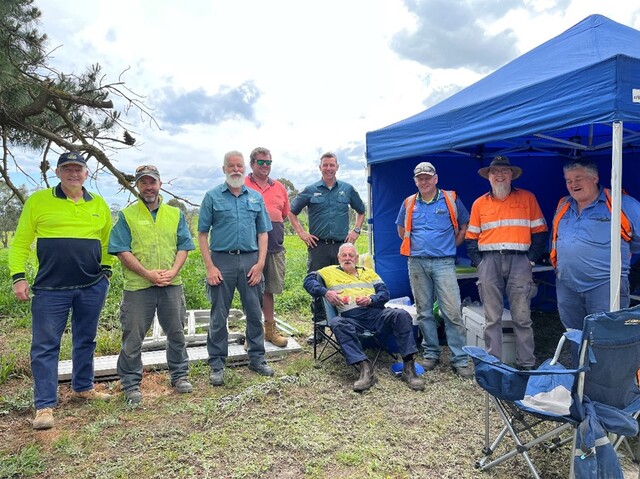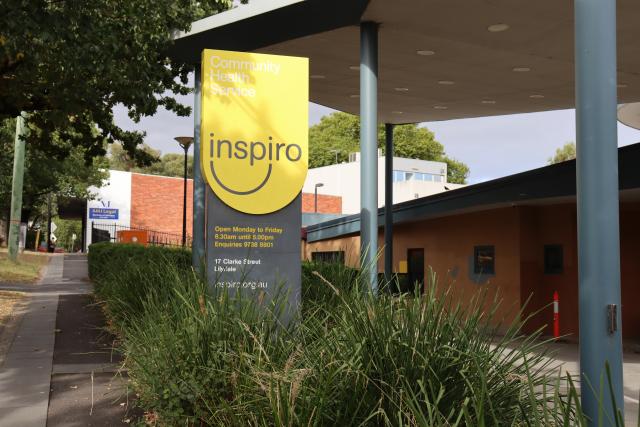By Ed Merrison
THE LIFE and times of a tea baron and philanthropist have been detailed in a new book by a local historian.
Writer and historian Volkhard Wehner recently launched his book on James Griffiths, an English-born merchant who ran his empire from an estate in The Basin and roamed the Hills helping the poor and destitute.
For Mr Wehner, whose many books include a centenary history of Olinda, the work is the culmination of 25 years of research into the deeds and motivation of Griffiths.
Born in 1850 into a modest background in Wolverhampton, Griffiths came to Australia in part to escape the stigma of alcoholism that ran through his family.
A pious Christian, Griffiths built himself a magnificent house called Ferndale at the foot of the Dandenongs in the late 1880s and would soon become one of the richest tea merchants in Australia.
“The Griffiths empire once ruled the world, and his tea was drunk by all corners of Australia,” Mr Wehner said.
Griffiths and his wife of more than 50 years would eventually be killed when a steam train collided with their carriage on a Bayswater level crossing in 1925, while Ferndale continued to dominate the valley above The Basin for 70 years until it was destroyed in the disastrous bushfires of 1962.
It was partly Griffiths’s demise, from extraordinary fame and fortune to total obscurity, that drew Mr Wehner to his subject.
“The reason I wrote about him is because he is forgotten. Fallen heroes are my heroes.
“At the time of his death, Griffiths would have been the leading tea merchant in Australia.
“His death was a very major tragedy and made the headlines of the metropolitan papers because he was so noted an individual and the brand was so well known,” he said.
In addition to Griffiths’s stature as a merchant, Mr Wehner has concerned himself with his subject’s vast moral and altruistic dimensions.
Griffiths was in a position to help when, in the 1890s, the colonial government threw open preserved crown land in the Dandenongs to Melbourne’s homeless and unemployed.
With no money, jobs, housing or social services, only the generosity of benefactors could help alleviate the suffering of the new arrivals.
“From his huge mansion at the foot of the hills, Mr Griffiths set out into the Dandenongs with bags of shilling coins, bags of flour, potatoes and loaves of bread, and gave them to anyone who looked poor.
“He also put lots of money into churches when churches held the community together,” Mr Wehner said.
Griffiths helped build churches at Sassafras and Monbulk, set up a Christian boarding house in Olinda, and took a major interest in a boys’ home in The Basin, which housed orphans and taught wayward young men honest work in the orchard industry.
His was an age when belief in God was almost universal and Griffiths appeared to embody the idea that God helped those who helped themselves.
“He saw himself as an improver of the world.
“Bringing the Kingdom of Heaven onto this earth, that was the basic thinking of the altruistic Victorian,” Mr Wehner said.
Though so much of what Griffiths brought to the region has been erased, the passion of his biographer has brought traces of that kingdom back to life.
Tea and Charity; the Life and Times of James Griffiths, Tea Merchant and Philanthropist is available by phoning Mr Wehner on 9889 3511.
A life of tea and sympathy
Digital Editions
-

Monbulk top side go back-to-back.
Saturday Pennant. Side 1 Division 2 After finally breaking the season duck with their first win last week, the Monbulk top side went back-to-back with…





